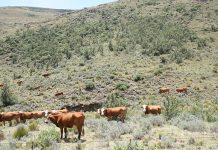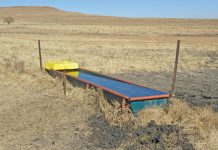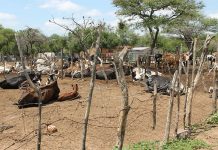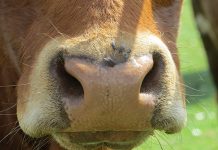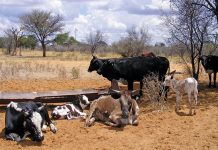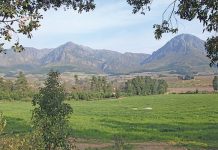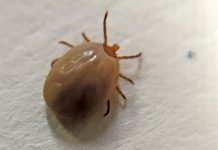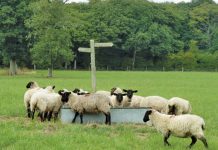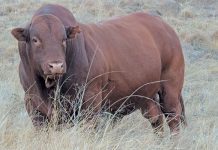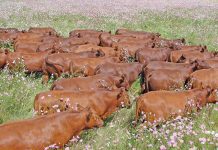Recognising and accepting the responsibility of stewardship
The owners of the most successful family agribusinesses understand that their enterprise is not a possession. Instead, it’s a legacy they are obliged to take care of for future generations, says Trevor Dickinson.
Natural fertilisers for vegetables
Use these fertilisers as a source of plant nutrition or to improve the physical and chemical properties of the soil and avoid over-fertilisation.
How to provide enough water for your herd
Clean drinking water is an absolute essential for livestock, says Shane Brody. If animals don’t get enough to drink or the quality of the water is poor, their health will suffer, and the farmer’s profits will decrease as well.
The ins and outs of water-use regulations and legislation
This article, the first in a series by Integrated Water Use License Application Management, is aimed at helping farmers to better understand relevant water-use legislation and regulations in South Africa.
Want higher prices for your calves? Dehorn them!
In crushes and while being transported on trucks, cattle with sharp horns can inflict severe injuries to one another, reducing the price of such animals. Dehorning is the only effective solution, says Shane Brody.
Flies are not just irritating; they can be dangerous
If you’re a livestock farmer, you’ll know that ticks can introduce many dangerous diseases to domestic animals. But did you now that stable flies and houseflies can also be a serious threat? Shane Brody explains.
Buying in livestock: do your research to prevent problems
When purchasing livestock to start a new farming enterprise or increase the size of your existing herd, you need to make sure the arrivals will thrive. So do your homework well, says Shane Brody.
How to discuss your differences in a family business
Disagreements on operational matters need not be a problem for a family agribusiness. On the contrary, if members work together to solve their problems, the solutions will be that much better, says Trevor Dickinson.
How to spot the African and Asian blue ticks
Prof Maxime Madder, Prof Ivan Horak and Dr Hein Stoltsz look at the African and Asian blue ticks, as well as the Karoo paralysis tick, and explain how farmers can spot the differences between these dangerous parasites.
Make your own electrolyte solutions
Sheep and goats that suffer from worm infestation or consume toxic plants can get severe diarrhoea, which can lead to dehydration and death very quickly. An electrolyte solution can save your animals’ lives.
Choosing a good-quality breeding bull
A poorly bred beef animal will not produce high-priced meat cuts. Instead, the beef will be used for cheaper products such as sausages and mince. In turn, you will earn far less money, says Shane Brody.
How to keep livestock calm and stress-free
Over and above their physical needs, animals have emotional needs, and these are often overlooked. Stress in livestock should be avoided at all costs, Leon Kruger, a lecturer at the University of the Free State’s Department of Animal, Wildlife and Grassland Sciences, told Annelie Coleman.

